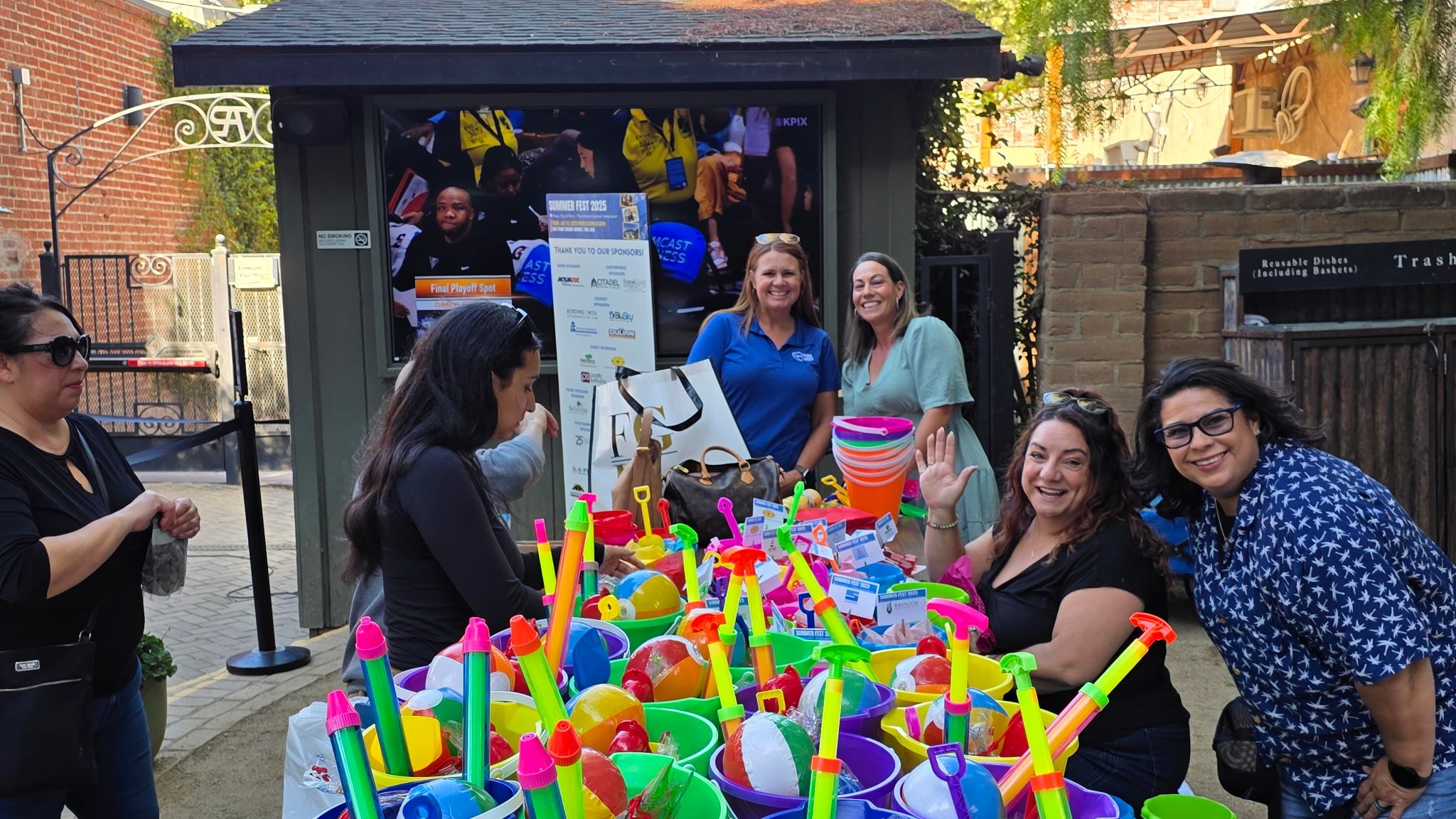Making sure that your voice is heard in the legislative process begins with building relationships with your legislators so that when you speak to them about a topic important to you, they are willing to listen and take you seriously. As with any relationship, it is much more fulfilling if it isn’t just one-sided.
Offering up your experience and expertise about community associations and how they actually function (not just what folks hear in the news or on Nextdoor) can go a long way toward building a solid foundation with your legislators. Whether you are a board member, manager, or business partner, your experiences and insights can provide a reality check for the real challenges facing community associations and help legislators understand the real-world implications of proposed and current laws affecting our commu
...









